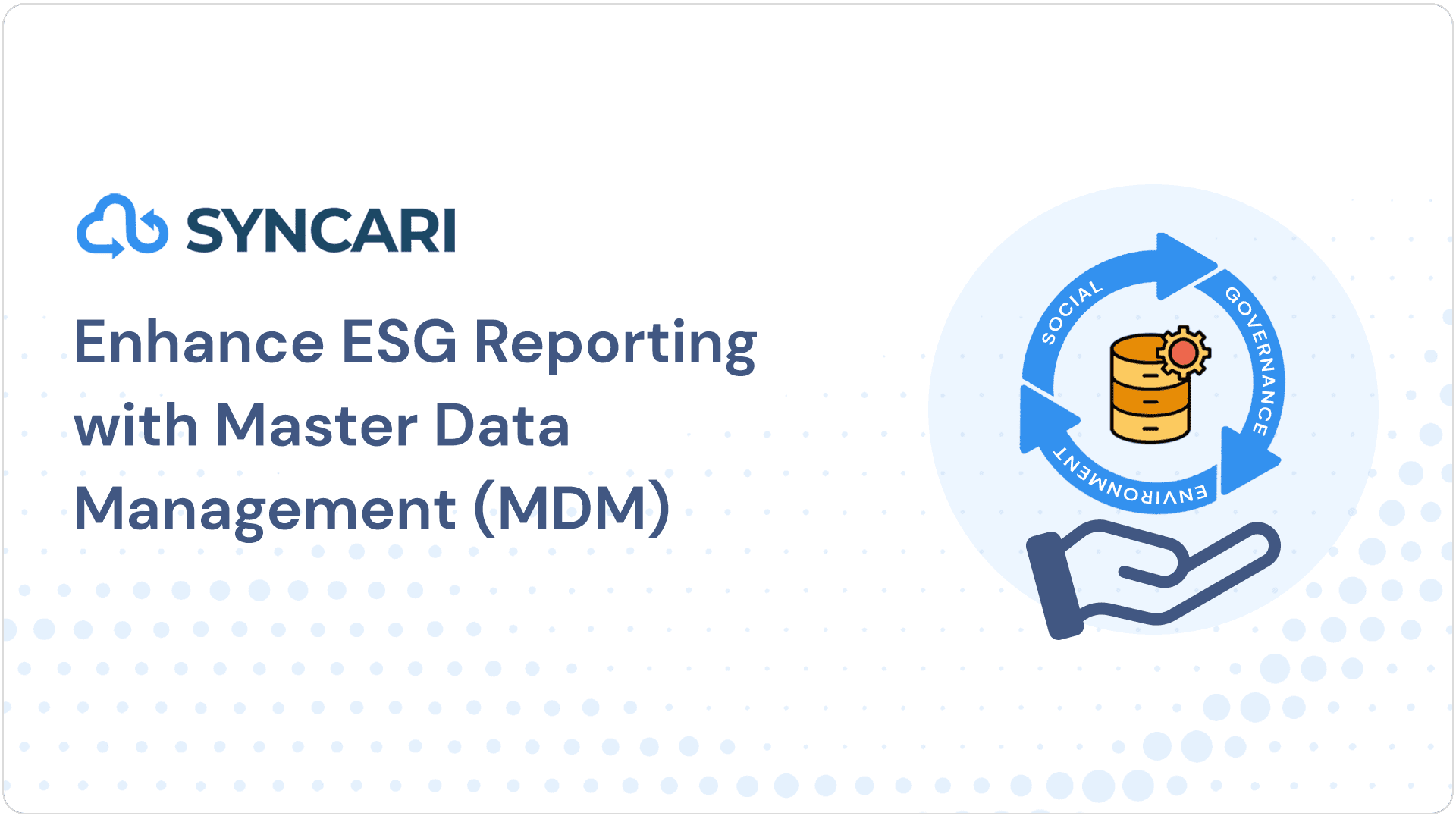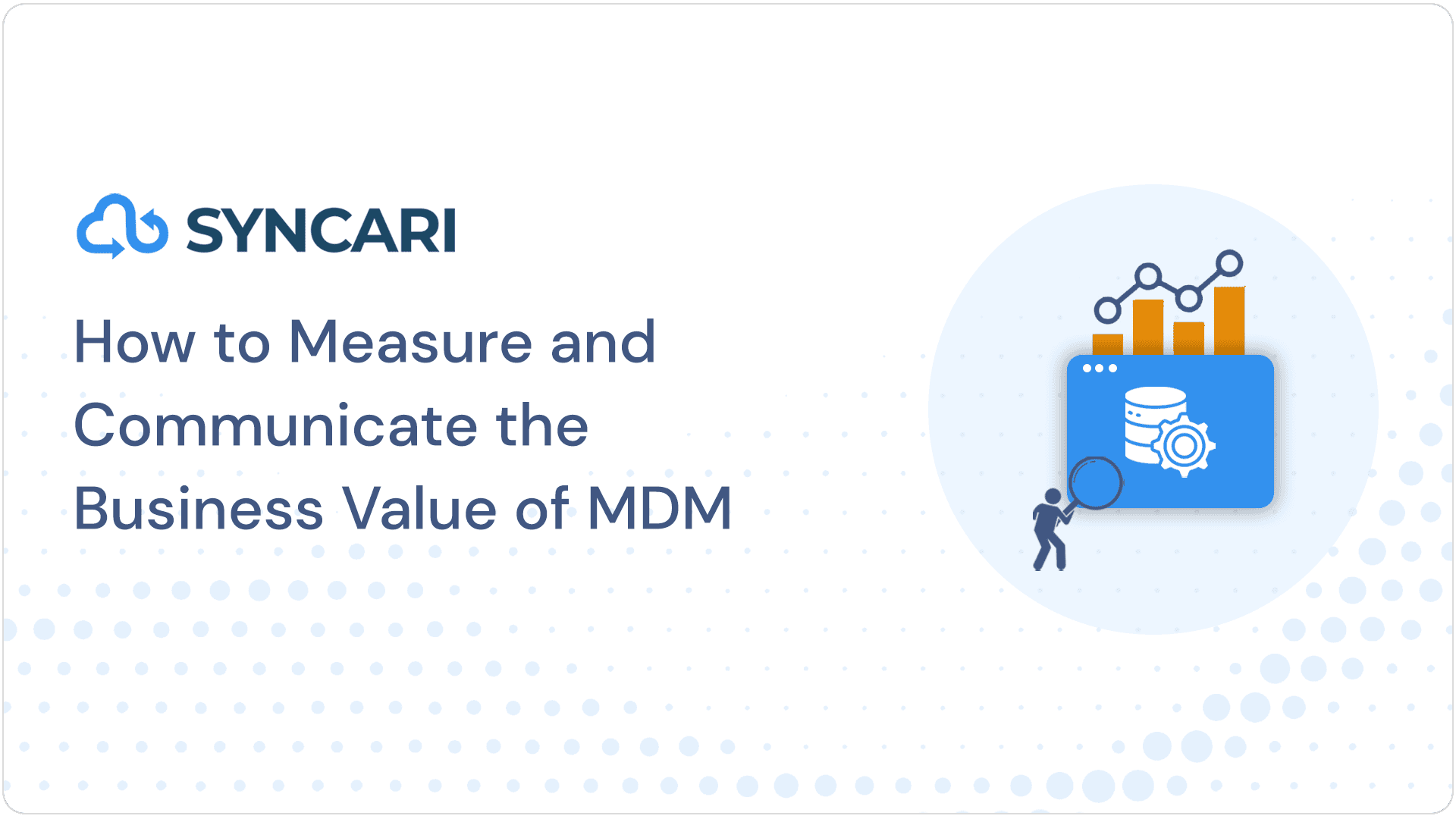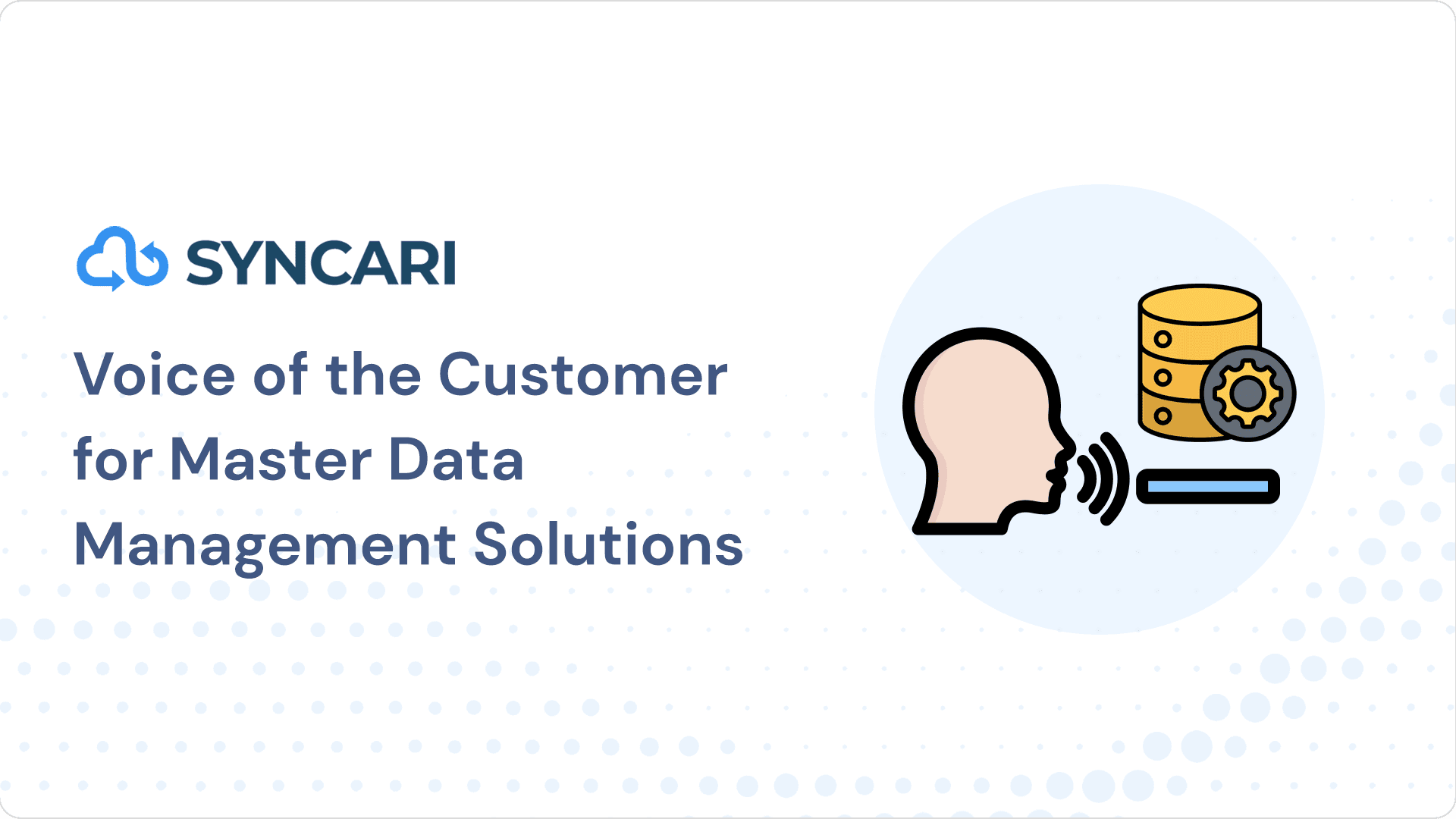TL;DR:
- Private equity firms need to prioritize business objectives and business continuity in M&A transactions.
- Delegate emphasizes a business-first approach to M&A, focusing on realizing the deal thesis rather than immediate cost-cutting measures.
- Syncari’s platform revolutionizes data management and GTM operations, enabling companies to accelerate their time-to-value and circumvent technical constraints typical of M&A integrations.
- By embracing business-first strategies and leveraging tools like Syncari, PE firms can drive successful outcomes and sustainable growth in M&A endeavors.
Navigating a merger and acquisition or m&a transaction demands a holistic approach that starts with business objectives. Ernest Wong, Vice President of Product at Delegate, a Salesforce services company, shares valuable insights into how a PE portfolio company, specifically a workforce communications tech firm targeting mid-market enterprises, achieved remarkable success by prioritizing business goals over technical considerations.
“Private equity firms often overlook the strategic importance of technology integration during mergers and acquisitions,” said Ernest. “Their focus tends to revolve around cost-cutting measures, such as eliminating redundant software licenses, without considering the broader implications for business operations. Instead, a better place to start is enabling sales and marketing of both companies on collaborative selling approaches. Prioritize getting your combined suite of offerings to the market first – the process by which you effectively do that will inform your strategy for technology integration.”
PE Firms and Mergers & Acquisitions: Shift from Tech-First to Business-First Strategy
Ernest underscores the importance of flipping the script in M&A processes. Rather than diving headfirst into technical complexities, Delegate emphasizes starting with the end goal in mind: achieving business outcomes. By reframing the approach, they avoid the pitfalls of traditional waterfall methodologies, which often result in rigidity, unnecessary risk, and lengthy timelines—culminating in delayed revenue generation spanning (a minimum of) 3 to 6 months.
PE Firms and Mergers & Acquisitions: Unlock More Revenue Potential through Business-Centric Solutions
Delegate’s approach revolves around enabling sales and marketing teams to articulate a compelling value proposition focused on synergies between merged entities. Instead of immediately merging tech stacks or slashing costs, the emphasis is on fostering cross-selling opportunities, refining go-to-market strategies, and streamlining account mapping processes.
PE Firms and Mergers & Acquisitions: Challenges and Solutions
In the complex landscape of mergers and acquisitions (M&As), private equity (PE) firms encounter numerous challenges that can hinder successful integration and value creation. Ernest provides valuable insights into these common challenges and offers innovative solutions to navigate them effectively.
One of the primary challenges faced by PE firms during M&As is the prevalent focus on cost reduction. While cost optimization is a key consideration, overly emphasizing this aspect can lead to overlooking critical factors such as business continuity, operational efficiency, and long-term value creation.
Additionally, the risks associated with tech-centric integration strategies pose significant hurdles. Relying solely on technology-driven approaches can result in data quality issues, system compatibility issues, and business disruption, ultimately jeopardizing the success of the M&A.
Ernest advocates for a paradigm shift towards business-driven integration strategies. Instead of viewing technology integrations of M&As through a cost-cutting lens, PE firms should prioritize aligning integration efforts with broader business objectives. This involves building bridges between merged entities—typically with temporary or interim processes to combine operations—rather than relying on technology as the means for combining operations. By focusing on business-driven integration, PE firms can ensure smoother transitions, minimize disruption, and maximize the value derived from the M&A.
Ernest’s insights highlight the importance of striking a balance between cost optimization and value creation in M&A activities. By embracing business-driven integration strategies and leveraging technology redundancy as an enabler rather than a cost to be cut, PE firms can overcome common challenges and drive successful outcomes in their M&A endeavors.
PE Firms and Mergers & Acquisitions: Embrace Syncari for Seamless Data Harmony & GTM Operations
To help build these operational bridges, Delegate champions platforms like Syncari. In most M&A situations, the real driver for technology consolidation is the need for unified reporting across both merged entities. That’s where Syncari steps in as a game-changer. By embracing Syncari, PE firms can achieve unified revenue reporting without first merging two disparate technology stacks.
Syncari’s cutting-edge platform offers swift and efficient data automation capabilities, allowing organizations to harmonize disparate data sources seamlessly. Gone are the days of manual data handling and cumbersome migrations – hours on the clock coding or trying to hack system integrations for structured data and insights. With Syncari, portfolio companies can automate data processes, ensuring data integrity while saving valuable time and resources.
Moreover, Syncari’s business-first approach prioritizes the alignment of data initiatives with overarching business objectives. This ensures that data management efforts are not just about technical processes but are deeply integrated into the company’s strategic vision.
By leveraging Syncari, organizations can accelerate their time-to-value, swiftly realizing the benefits of their data initiatives. Whether it’s optimizing sales and marketing operations or enhancing customer experiences, Syncari enables companies to achieve their business goals more efficiently and effectively.
Syncari minimizes the risks typically associated with traditional migration strategies. With Syncari, businesses can navigate data transitions with confidence, knowing that their data integrity will remain intact and that revenue streams will remain uninterrupted.
Syncari empowers organizations to unlock the full potential of their data while mitigating risks and accelerating business outcomes. By embracing Syncari for seamless data harmony and GTM operations, companies can position themselves for success in today’s competitive landscape.
PE Firms and Mergers & Acquisitions: Must Prioritize Business-First Strategies
Ernest’s insights shed light on a critical paradigm shift that private equity (PE) firms must embrace: prioritizing business-first strategies in mergers and acquisitions (M&A). Rather than solely focusing on technical integration or cost-cutting measures, PE firms must recognize the importance of aligning M&A activities with overarching business objectives.
By adopting a business-first approach, PE firms can unlock the full potential of their M&A initiatives. This involves fostering cross-functional collaboration across departments and leveraging innovative technologies like Syncari to enable transitional processes, enhance data integrity, and drive value creation.
Prioritizing business objectives ensures that M&A activities are aligned with long-term strategic goals, enabling PE firms to achieve greater agility, efficiency, and success in navigating complex transactions.
The key takeaway is clear: for PE firms to thrive in today’s dynamic business landscape, they must prioritize business-first strategies that place the organization’s overarching goals at the forefront of every M&A decision without sacrificing go-to-market efforts. By doing so, PE firms can position themselves for sustainable growth and competitive advantage in the ever-evolving marketplace.
To read more about the role of data and technology in private equity, click here.


